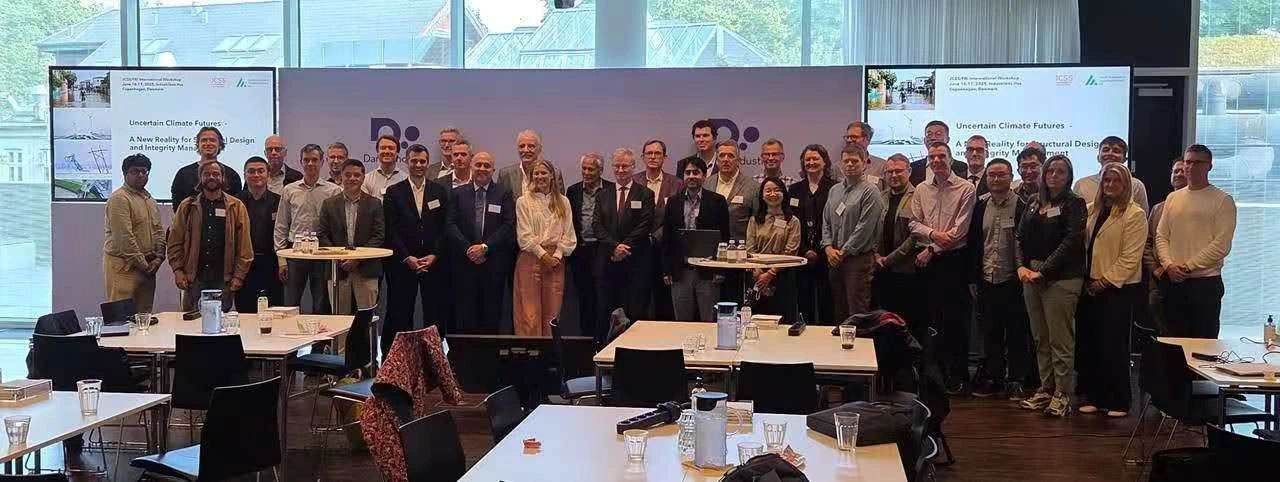Consensus Statement: Uncertain Climate Futures

It is with great pleasure I here share the consensus achieved from the International Workshop on Uncertain Climate Futures – a New Reality for Structural Design and Integrity Management - held in Copenhagen on June 16-17, 2025.
You really should have a look at the enclosed consensus document - as the available space here does not allow for a presentation in its full extent.
A small appetizer is however provided here:
"In conclusion a new rationale for structural design, protection, and adaptation is urgently needed—one that explicitly addresses deep climate uncertainties, integrates multiple models, and allows for ongoing revision based on emerging data on climate changes as they evolve.
This new rationale must afford for the optimization of decision options for structural concepts and design and integrity management for large infrastructure projects as well as for every day design tasks supported by design codes.
It is of crucial importance that this rationale is standardized at international level to ensure globally harmonized safety and reliability standards, and to support equitable, knowledge-based competition in structural and infrastructure engineering. This shall be leveraged by engagement of professional associations of national and international significance such as the American Society of Civil Engineers (ASCE), and others that already have engaged in the challenge or would be willing to contribute to the urgently needed developments."
The consensus from the workshop is unanimously supported by all the (50+) workshop participants, representing 14 countries and 4 continents - including professionals and experts from owner organizations, consulting companies, regulatory bodies, engineering associations, insurance companies and universities.
The consensus document also states that we will initiate a special task force, initially under the auspices of the JCSS - the Joint Committee on Structural Safety, with the dedicated task to establish the needed rationale and to facilitate that this is implemented in best practices.
Thanks again to all participants for your invaluable contributions and commitment, and to Foreningen af Rådgivende Ingeniører, FRI, and the JCSS - Joint Committee on Structural Safety for taking the institutional leadership of the workshop.
Warm personal thanks goes to my co-organizers Inger Kroon ( COWI) Søren Randrup-Thomsen and Ulrik Ryssel Albertsen (Foreningen af Rådgivende Ingeniører, FRI).
A special thanks goes to NIRAS International Consulting for the support making all this possible.
Michael H. Faber (NIRAS International Consulting / Universidade Lusófona - Centro Universitário Lisboa)
August 15, 2025
